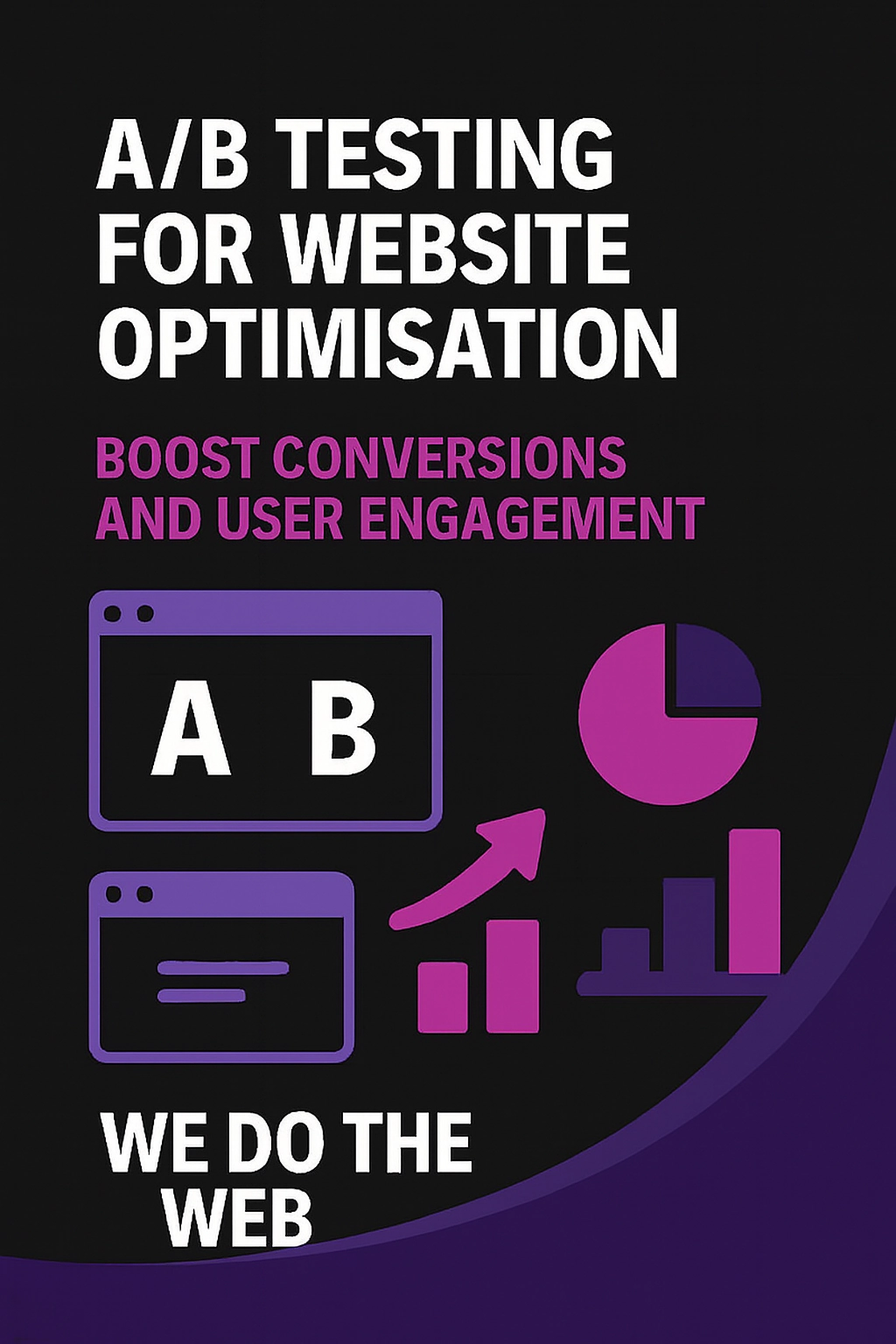
A/B Testing for Website Optimisation: Boost Conversions and User Engagement
Learn how A/B testing can optimise your website, improve conversions, and enhance user engagement. Contact We Do The Web today for expert digital solutions.
In today’s digital landscape, the responsible handling of personal information is not just good practice it’s a legal requirement. For South African businesses, compliance with the Protection of Personal Information Act (POPIA) is essential to build trust, avoid penalties, and maintain ethical digital operations.
At We Do The Web Digital Marketing Agency, we understand the importance of helping clients meet POPIA requirements. This guide outlines the key legal pages your website should include to align with POPIA and protect your users’ data.
To meet POPIA standards, your website should include the following pages, each with clearly defined purposes and disclosures:
The Privacy Policy is a cornerstone of POPIA compliance. It outlines how your business collects, processes, stores, and shares personal information.
What to include:
Your website likely uses cookies for analytics, functionality, or advertising. POPIA requires transparency and user consent when tracking user behaviour through cookies.
What to include:
Your Terms of Use define how users are expected to interact with your website and help limit your liability.
What to include:
If your business sells products or services online, the Terms and Conditions set the rules for the transaction process.
What to include:
A Disclaimer helps clarify your business’s responsibilities, particularly regarding general content, service limitations, and third-party information.
What to include:
Complying with the Protection of Personal Information Act (POPIA) is not just a legal requirement it’s a commitment to respecting and protecting your users’ privacy.
By implementing the right legal pages Privacy Policy, Cookie Policy, Terms of Use, Terms & Conditions, and a Disclaimer your business demonstrates accountability and builds user trust.
October 8, 2024
We Do The Web

Learn how A/B testing can optimise your website, improve conversions, and enhance user engagement. Contact We Do The Web today for expert digital solutions.

Discover how using video on your website can boost engagement, improve SEO, build trust, and significantly increase conversions for your business.

Discover our new Workflow Automation Services — let your website save time, streamline tasks, and work harder than you do.
We target strategic keywords that align with your audience’s intent and your business goals.
array(1) {
["code"]=>
string(9) "f5AS7c4kW"
}
Array ( )$successArray
Array ( )